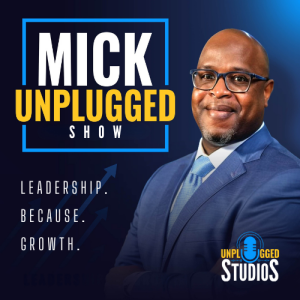

This episode draws a powerful parallel between ancient Stoic wisdom and the modern insights of psychiatrist Viktor Frankl, a Holocaust survivor. The discussion centers on Frankl's profound discovery in the concentration camps: "the last of the human freedoms"—the ability to choose one's attitude in any given set of circumstances. This concept is shown to be a modern-day echo of the Stoic discipline of will and the dichotomy of control.
Frankl's experiences provide a stark illustration of how the search for meaning can fuel the will to endure even in the face of unimaginable suffering. He observed that those who found a purpose—whether in work, love, or their stance toward their suffering—were the most resilient. This directly aligns with the Stoic idea that while we cannot control external events, our internal response is always our own. This inner choice is the ultimate source of human dignity and freedom.
The episode concludes that both Stoicism and Frankl's logotherapy offer a timeless lesson on human endurance. They teach that our core purpose and ability to persevere are not dependent on external conditions but are forged in the space between stimulus and response. It is within this space that we can choose a response that affirms our values and provides profound meaning, regardless of our circumstances.
More Episodes
All Episodes>>Create Your Podcast In Minutes
- Full-featured podcast site
- Unlimited storage and bandwidth
- Comprehensive podcast stats
- Distribute to Apple Podcasts, Spotify, and more
- Make money with your podcast












